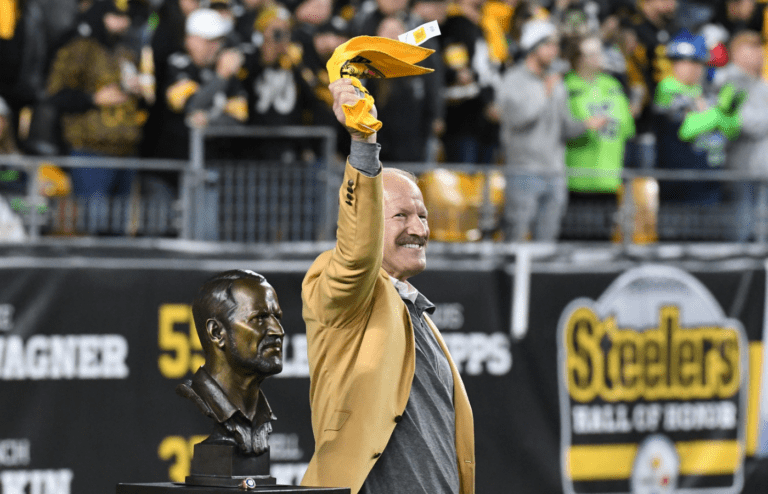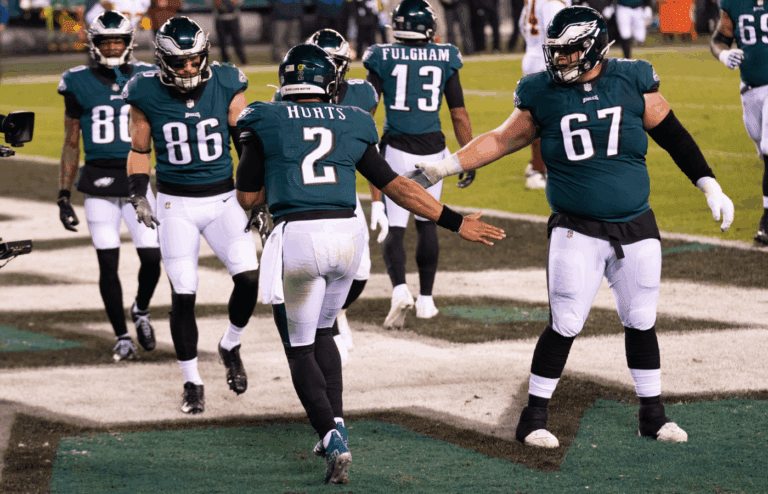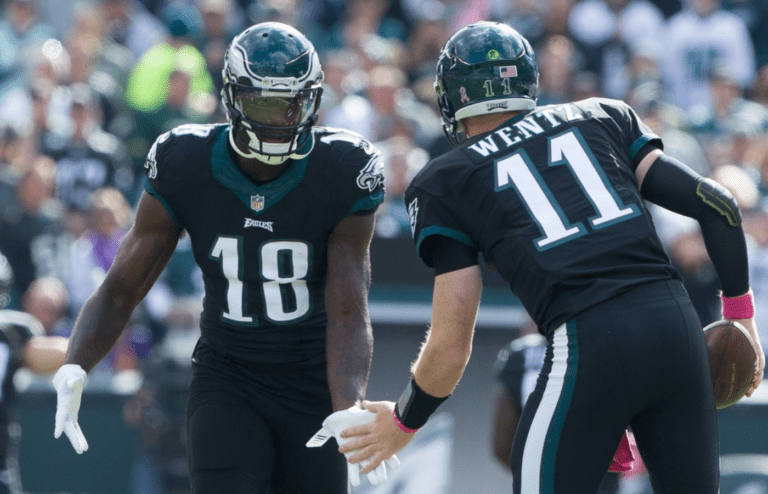Football’s greatest minds don’t just follow the playbook — they rewrite it. From Vince Lombardi’s legendary power sweep in the 1960s to Andy Reid’s cutting-edge RPO schemes, innovation has always driven the game forward.
These game-changing strategies didn’t just define eras; they reshaped how football is played, forcing defenses to adapt and inspiring the next wave of coaches. The best play-callers push the limits, turning bold ideas into unstoppable offenses—and leaving a lasting mark on the sport.
The Power Sweep Era: Vince Lombardi’s Offensive Revolution
Vince Lombardi’s power sweep changed the game of football in the 1960s. The Green Bay Packers used this play to dominate their opponents and win five NFL championships. The power sweep was simple but effective. It involved the quarterback handing off to a running back, who would then run to the outside behind two pulling guards. These guards would clear the way for the runner, creating a wall of blockers.
Lombardi’s genius was in the details, and that’s one of many reasons he made our list of the most influential and charismatic coaches of all time. He made sure every player knew their exact role and practiced the play over and over again. This attention to detail and focus on execution made the power sweep nearly unstoppable. Even when defenses knew it was coming, they often couldn’t stop it. Lombardi’s power sweep became the foundation of his offense and a symbol of his coaching philosophy.
The West Coast Offense: Bill Walsh’s Passing Game Innovation
Bill Walsh revolutionized NFL offenses in the 1970s with his West Coast offense. This innovative system emphasized short, high-percentage passes to control the ball and set up longer gains. Walsh developed the offense while coaching the Cincinnati Bengals, tailoring it to quarterback Virgil Carter’s strengths. The system used precise timing between the quarterback and receivers, with routes designed to create mismatches and open spaces.
Walsh’s offense replaced traditional power running with a short passing game, effectively using passes as an extension of the run. This approach allowed teams to move the ball consistently and control the clock, even without a strong rushing attack. The West Coast offense became widely adopted across the NFL, influencing offensive strategies for decades to come. Its principles of timing, rhythm, and ball control continue to shape modern passing games in the league.
The Spread Offense Takes Flight: Urban Meyer and Chip Kelly’s Influence
The spread offense revolutionized college football in the early 2000s, with Urban Meyer and Chip Kelly leading the charge. Meyer’s Florida Gators and Kelly’s Oregon Ducks showcased high-powered offenses that stretched defenses thin and created mismatches all over the field. Their systems emphasized speed, quick decision-making, and exploiting defensive weaknesses. Meyer’s spread option attack utilized mobile quarterbacks like Tim Tebow to keep defenses guessing, while Kelly’s up-tempo style wore opponents down with a relentless pace.
These innovative coaches not only transformed their respective programs but also influenced offensive strategies across college and professional football. Their success paved the way for the spread concepts we see in today’s NFL, where teams increasingly employ elements of these college-inspired systems to create explosive plays and keep defenses off-balance.
Read More: The 30 Most Successful Coaches in NFL History
Andy Reid’s Hybrid Spread and RPO Evolution
Andy Reid has been at the forefront of offensive innovation in the NFL for decades. His hybrid spread offense, which combines elements of the traditional West Coast system with college-style spread concepts, has revolutionized the game. Reid’s offense utilizes a mix of shotgun formations, multiple receiver sets, and creative pre-snap motions to keep defenses guessing.
One of the key features of this system is the extensive use of run-pass options (RPOs), which allow the quarterback to make quick decisions based on defensive alignments. This approach has been particularly successful with mobile quarterbacks like Patrick Mahomes, who can threaten defenses with both their arm and legs. Reid’s offense also emphasizes getting the ball to playmakers in space, often using short passes and screens as an extension of the running game. The success of this system has led many other NFL teams to adopt similar concepts, making Reid’s influence on modern offensive strategy undeniable.
As football continues to evolve, the influence of these pioneering offensive strategies remains evident on the field. The adaptability and innovation of coaches like Lombardi, Walsh, Meyer, Kelly, and Reid showcase the ever-changing landscape of the sport, where new ideas blend with time-tested approaches to keep defenses guessing and fans engaged. Their legacy is not just in the plays they’ve created but in the enduring spirit of ingenuity and excellence that drives the game forward. As new talents emerge, the principles laid by these coaching giants will undoubtedly inspire future offensive innovations, ensuring the game remains as exhilarating and unpredictable as ever.
Read More: Ranking the 15 Best Offensive Teams in NFL History








